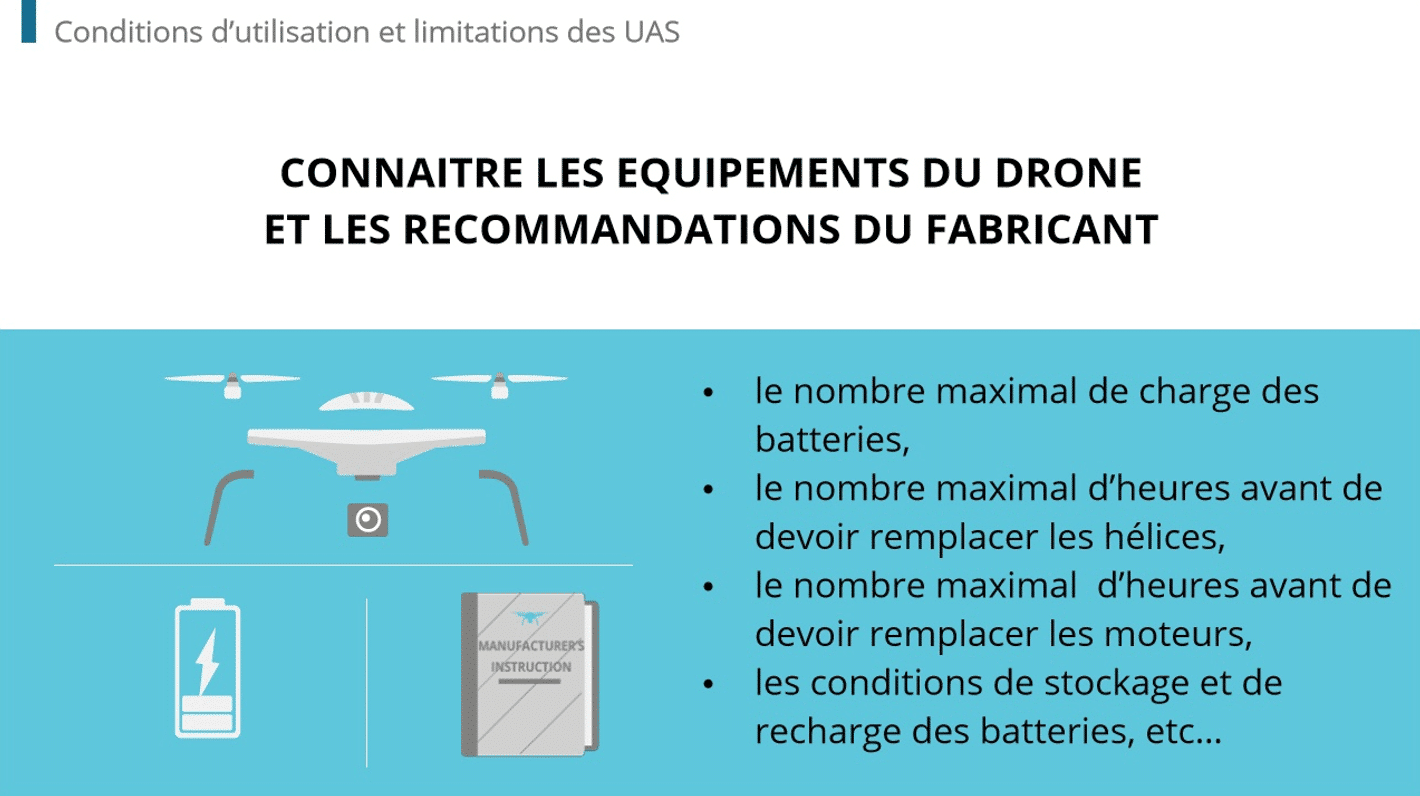Safety is paramount in an industry that involves heavy use of assemblies and machinery. Employee welfare should be at the core of every safety and compliance plan. It starts with education, and the optimal way to get your employees up to speed is via e-learning solutions. Learn how online training fosters adherence to compliance and more diligent practices in warehouses and assembly lines.
Why safety and compliance matters
Manufacturing sectors must follow multiple compliance measures from varying governing bodies and federally or state-approved organizations. The precise measures differ depending on the industry. This may include the International Organization for Standardization (ISO), the Occupational Safety and Health Administration (OSHA), and Occupational Health and Safety (OHS) among others.
Non-compliance can result in employee injury or even death, leading to downtime, reputational harm, lawsuits, and hefty fines. In 2020, there were a reported 373,300 non-fatal injuries in the manufacturing industry, according to a Bureau of Labor Statistics report. As of 2023, OSHA fines for safety violations can be as high as $15,625 per incident.
How e-learning solutions contribute to greater safety and compliance
Compliance starts with building knowledge. Employ diverse media to convey the importance of workplace safety. This can include:
- Formal language taken straight from the official regulatory sites, followed by a simpler explanation in layman’s terms
- Videos demonstrating best safety practices
- Live webinars with a moderator conducting a crash course and fielding questions in real-time
- Post-course assignments and quizzes
- Gamification to make the course more engaging and promote associative learning
Depending on the specific manufacturing sectors, some live training may be required. This is often the case in sectors requiring handling of machinery, vehicles, and chemicals.
How e-learning promotes cyber safety
Aside from physical safety, compliance also includes guidelines on cyber safety. According to a 2022 IBM report, 23% of ransomware attacks were directed at the manufacturing sector. Use e-learning to educate employees on the cruciality of safe online practices when handling work-related correspondences. For example, employee passwords for work accounts should be unique and not borrowed from personal accounts. Other practices include the use of 2-factor authentication, recognizing phishing, and breach reporting procedures.
Training essentials for a safety and compliance e-course
With the “how” explained, here are materials to cover in detail in an online safety and compliance course.
Safety etiquette practices
This encompasses safety practices outlined by OSHA. Explain how employees are to conduct themselves when on the warehouse/factory grounds. This section may differ depending on the employees’ respective job roles (i.e. forklift operator vs assembly line worker).
Hygiene and sanitation practices
In a post-COVID-19 world, safety also entails hygiene to prevent the spread of communicable diseases. This is especially true for manufacturers and supply chains that handle perishable goods. Establish daily hygiene practices even if it’s common sense, such as not coming to work if you’re sick, or washing your hands every 60 minutes and for at least 20 seconds.
Assembly line and machine operation practices
Disseminate courses or modules depending on respective job roles. For a forklift operator, for example, the material must cover the most minute details. Include subsections like a pre-operation checklist, load capacities, operating distances, etc.
Cyber safety practices
As mentioned, the manufacturing sector is a frequent target of malware attacks. Safety must encompass protection from the constantly evolving cyber threats. HR and logistic teams especially need to be versed in the latest cyber awareness practices and pass on the information to the general staff. This is especially true if the company fosters a bring-your-own-device (BYOD) environment.
Intellectual property protection
Compliance here is two-fold: protecting your innovation from IP theft and ensuring your own products don’t infringe the IP of others. This section is a primer on product patents, trademarks, and copyrights. Training should begin by outlining the consequences of IP violations, IP case studies, and the fines. This highlights why IP laws are paramount and how to safeguard against patent liabilities.
Product safety and liability
This is relevant for product developers and testers. Is the final product safe for consumer use? If the product includes instructions, are they clear and provide warnings with liability disclosures? Safety here includes potential physical dangers of using the product as well as safety from legal actions.
Labor law awareness
Safety includes protection from employer malpractice. Provide detailed briefs on the employees’ rights as a worker. Cover the latest industry federal and state labor laws regarding wages, time off, privacy, and hours. Provide further information on who and how employees can address violations of their rights.
Dokeos e-learning solutions as part of a compliance awareness program
The manufacturing sector is a highly complex industry, and safety and compliance extend beyond bodily safety. Dokeos LMS covers every mandatory compliance field to ensure adherence from the top down. Our feature-rich platform enables manufacturers to cultivate a culture of safety and regulatory compliance. With customizable courses, real-time tracking and automated compliance reporting, Dokeos ensures that every employee is well versed in safety protocols and industry regulations. In an industry where accuracy and compliance are paramount, Dokeos LMS equips manufacturing companies with the tools they need to maintain impeccable safety records and efficiently navigate complex compliance landscapes.
Founded in 2004, Dokeos LMS has laid the groundwork for compliance training in regulation-heavy industries in Europe, North America, and beyond. To date, over two million employees have taken a compliance e-course under our LMS platform and have become certified. We make it easy for manufacturing sectors to demonstrate good-faith adherence to compliance. Sign up for a free LMS trial and kickstart your comprehensive e-leaning plan!
















